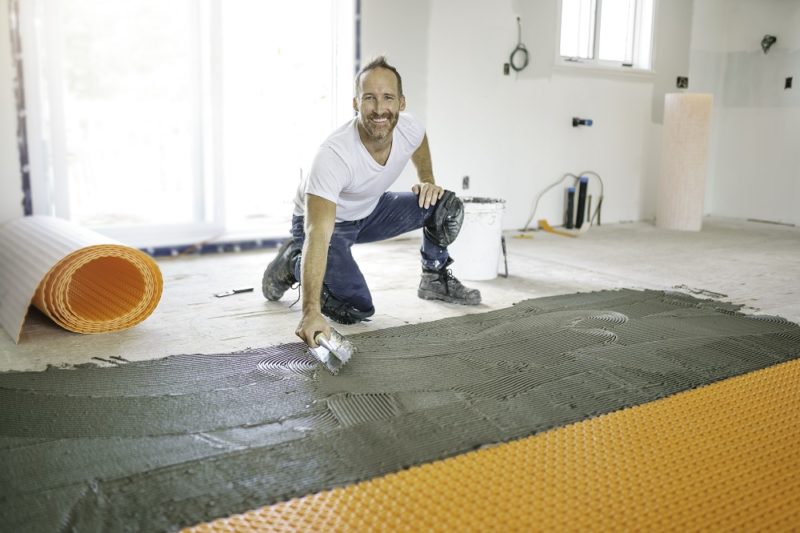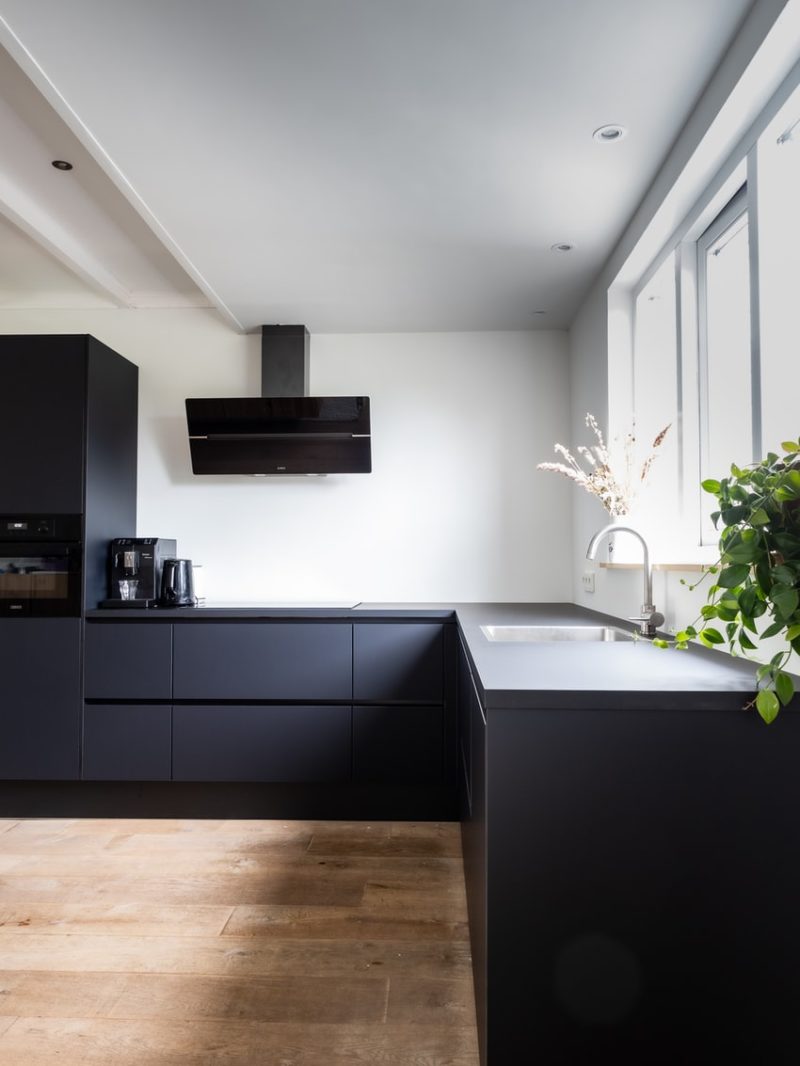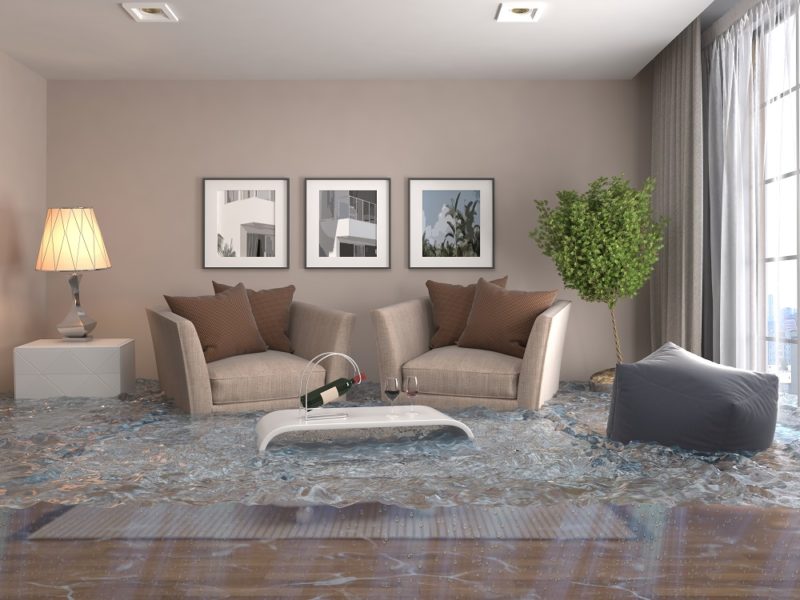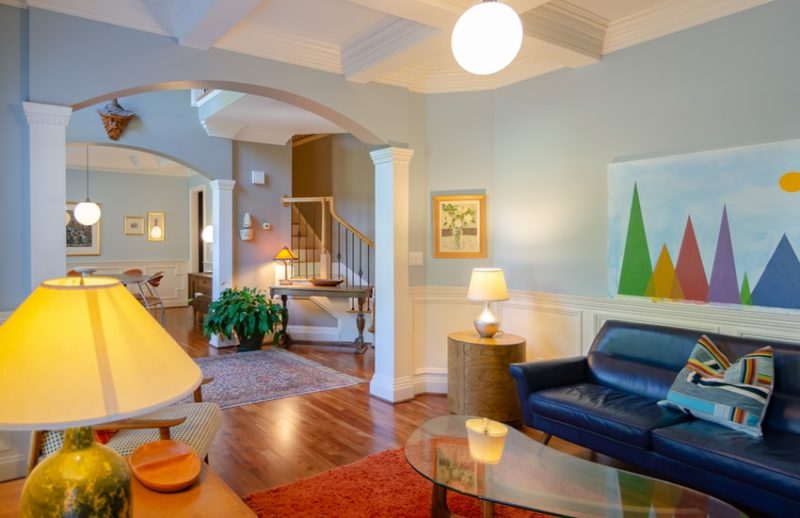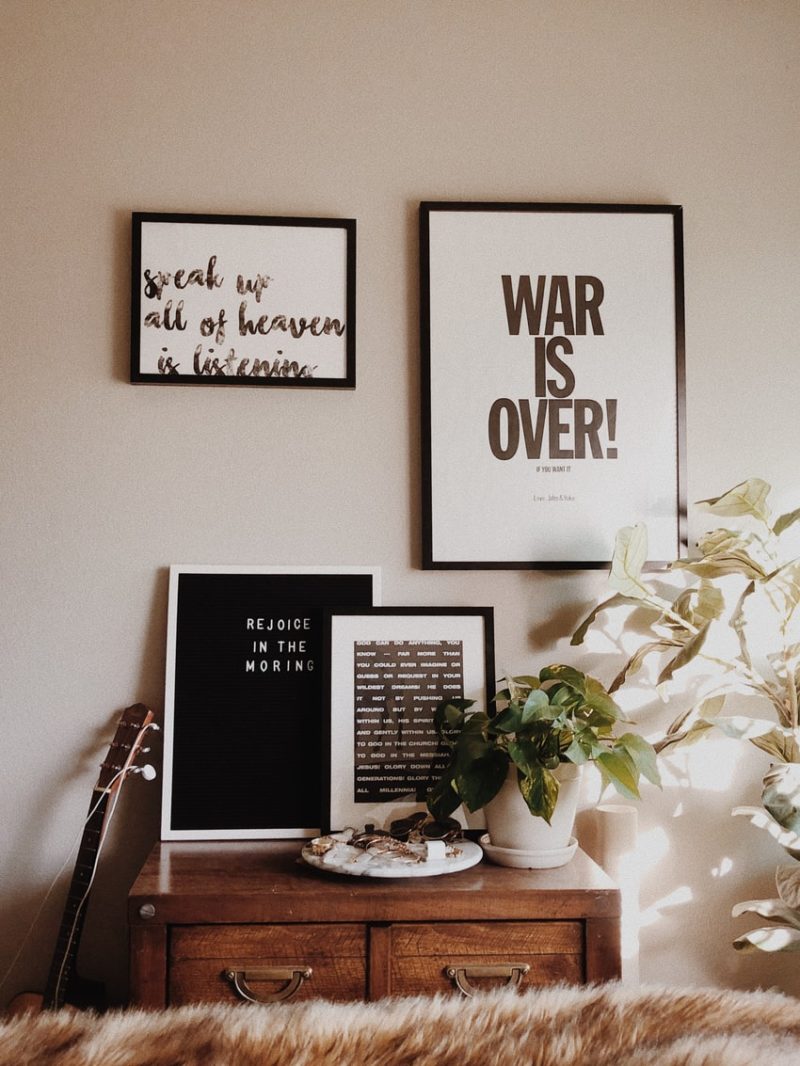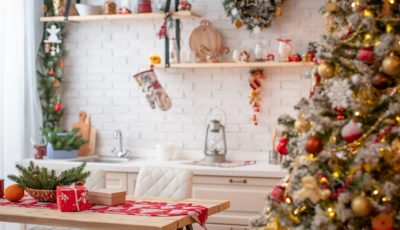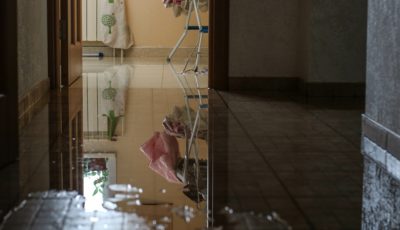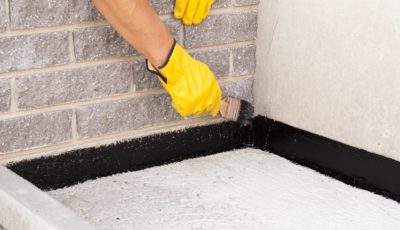How To Decorate Your Home If You Live In A Flood-Prone Area
Do you live in a flood-prone area? Do you desire to design your home to fit your personality but are worried about water damage that may affect your expensive decorations? Are you concerned about the water damage floods could bring to your home? Worry not! This article will aid you in decorating your home—even if you’re living in a flood-prone area.
Heavy rains, thunderstorms, and poor drainage systems, among others, can cause floods. As these factors persist for prolonged periods, they can further lead to an increase in floodwater levels. Because of this, many homes can get flooded. In these flood-prone areas, services from companies, such as ServPro of Lee & South Chatham Counties, would be useful in dealing with the aftermath.
The majority of homeowners living in flood-prone areas shy away from decorating their homes due to the fear of water damage when another storm comes. What many don’t know is that there are several solutions to this. The best way to decorate a flood-prone home is to work with water-resistant or waterproof materials. Here’s how you can decorate your space:
Walls
Keeping your walls dry in wet conditions may seem challenging, but the solution is actually simple. You just need to apply waterproof paint to your walls. Waterproof paints avoid water seepage from the surface into the walls. Choose a paint that’s oil, latex, or concrete-based. There are available water-proof paints in all colors in the market, so you can still choose a color that will suit your preference.
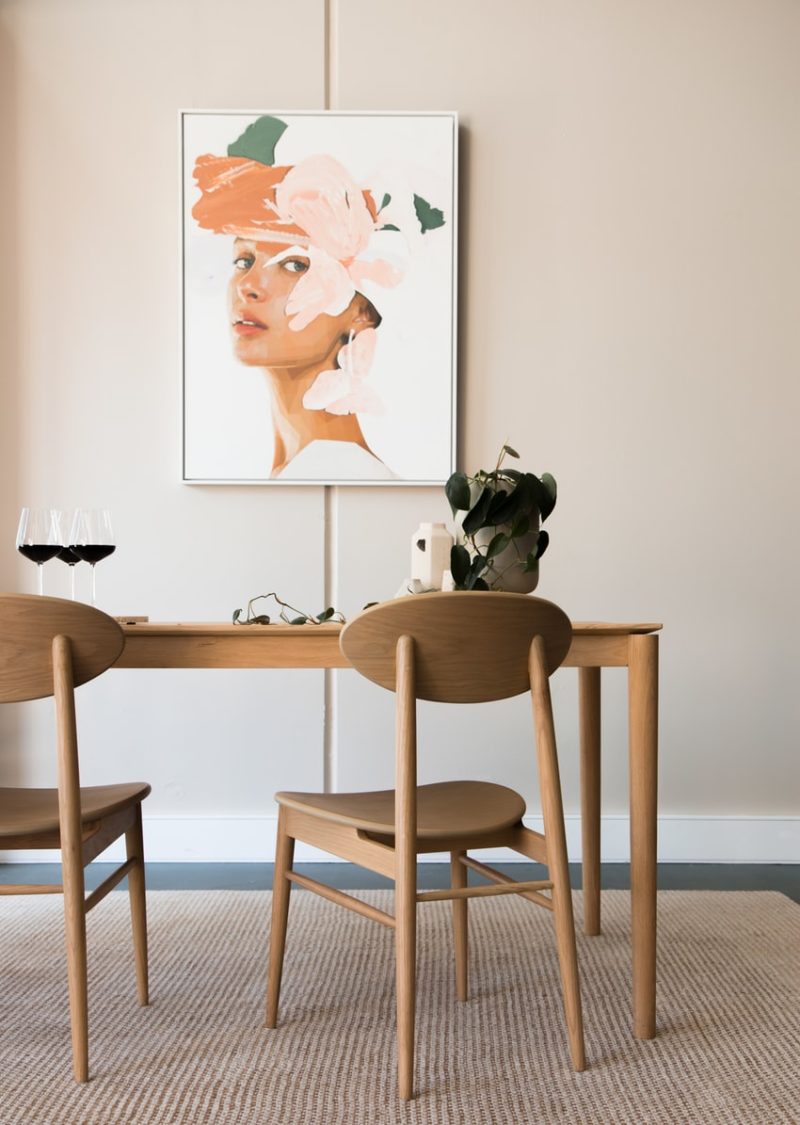
If waterproof paint is not the best option for you, you can choose waterproof wallpaper instead. Waterproof wallpapers are made of materials such as vinyl that make them waterproof. It works the same way as waterproof paint does. They are also available in various designs, colors, and patterns to fit your style.
Moreover, you can go for different wallpaper themes and colors for the different spaces in your home. You can pick a brightly-colored wallpaper for your living room to brighten up the room and a dark-colored patterned wallpaper for your bedroom.
Floors
If your floors are concreted, it’s advisable to add a waterproof or water-resistant floor finish such as tiles. Bare concrete floors tend to absorb a lot of moisture, which could affect your home’s foundation and make your floors extremely cold. Consider laying a colored waterproof membrane on your bare concrete floor as well.
Choose tiles with a low water absorption rate. Unglazed tiles would be the best choice since they are also slip-resistant. In case floodwater seeps into your home, you and your family members will not worry about slipping as you navigate and clean up the mess. Ensure that the grout applied is also water-resistant. However, water-resistant grout is hard to find and it’s usually expensive. But you can use your regular tile grout, then follow with a grout sealer to prevent water seepage.
Another option besides tiling is vinyl flooring. Vinyl flooring comes in various finishes, such as wood finish, which is waterproof. If you have a basement in your home, it’s the first place that flood water will seep into. You can also invest in an epoxy-based floor finish. Epoxy, having no solvents, will completely prevent water seepage despite constant exposure to water
If your floors have a wooden finish, stain the wood and apply a sealant on the surface. Sealants, being oil, wax, or water-based, prevent water seepage in wooden floorings.
Your floors don’t have to be boring after installing a tile or vinyl finish. You can brighten up your floors using waterproof carpets and rugs. All these are available in different colors and designs.
The benefit of using waterproof carpets and mats is that they aren’t damaged despite being exposed to water and moisture for some time. Waterproof mats and carpets don’t stain, are easy to clean, don’t harbor mold, and require little maintenance.
Furniture
It can be quite disheartening to purchase your favorite couch from your home store, only for it to be destroyed by floodwater. To avoid this, do the following:
- Purchase furniture that’s slightly raised from the ground. This should include furniture such as couches, wardrobes, and dressing tables. Raised furniture reduces contact with the ground, reducing contact with flood water whenever it reaches your home.
- Choose furniture that has metallic stands. Metallic stands are less prone to damage by water. If you’re worried about metallic stands damaging your existing floor finish, put protective caps in place. Protective caps come in various materials such as rubber and silicone. Choose a material that’s not susceptible to damage by water. Instead of choosing furniture with metallic stands, select your normal furniture and install protective caps. Metallic stands and protective caps ensure the longevity of furniture despite wet conditions. Make sure the metallic stands are covered with a sealant to prevent rust.
- Choose a bed that has an iron frame. Ensure the iron is sealed or painted with waterproof paint as well.
- Apply natural oils, such as linseed oil, to your wooden surfaces. The oil provides a protective barrier on the wooden surface. Natural oils won’t make the surface waterproof but will make the surface water-resistant.
- Purchase furniture that’s made of waterproof materials, such as acrylic canvas. Even if your sofa is exposed to water, its fabric will not stain or be damaged.
- Apply a fabric sealant to your furniture, especially low couches, and sofa sets. A fabric sealant provides a protective barrier in which the fibers of the furniture won’t absorb the water. There’s a possibility of fabric sealants darkening the color of your couch. So, before coating the entire thing, apply the sealant on a small fraction of your sofa and observe the effect. If you don’t like the outcome, choose a different sealant or explore other ways of waterproofing your couch.
Lighting
Choose lighting fixtures that can be placed slightly above the ground level. Avoid fixtures such as skirting lights. Having fixtures near the ground that are susceptible to water contact can lead to electrocution or short-circuiting and may lead to fatal injuries.
Choose lights that have a high ingress protection (IP) rating as well. A high IP rating means that the lighting won’t be damaged when exposed to moist conditions for a certain period. The higher the IP rating, the higher the protection.
Choose light fixtures made of durable materials. If the materials aren’t durable, have them sealed or waterproofed to ensure longevity. If the stands or holders are wooden or iron, seal them. An area prone to floods increases the moisture level in its environment. Moist conditions could increase the rate of metal materials rusting or make wood surfaces absorb a lot of moisture that can cause deterioration over time.
Other Decorations
Choose artwork made of non-porous materials such as stone or glass. Non-porous materials won’t absorb moisture as much compared to porous materials. Porous art materials such as wood will absorb moisture and become damp over time, affecting the quality of the art piece.
For picture hangings and drawings, protect the canvas and frames by sealing them and placing them on areas that won’t get into contact with water.
As you hang your favorite colored curtains, raise them from the ground level to a considerable height to prevent contact with water. Regularly clean them to prevent mold from growing on them due to the moist environment.
Conclusion
Despite being in a flood-prone area, you can still decorate your house to your desired style. Follow these guidelines given in this article to ensure your decorations and favorite pieces stand the test of time. Remember, the aim of water-proofing or using water-resistant materials is to avoid damage in case your household items get into contact with water, especially flood water.

